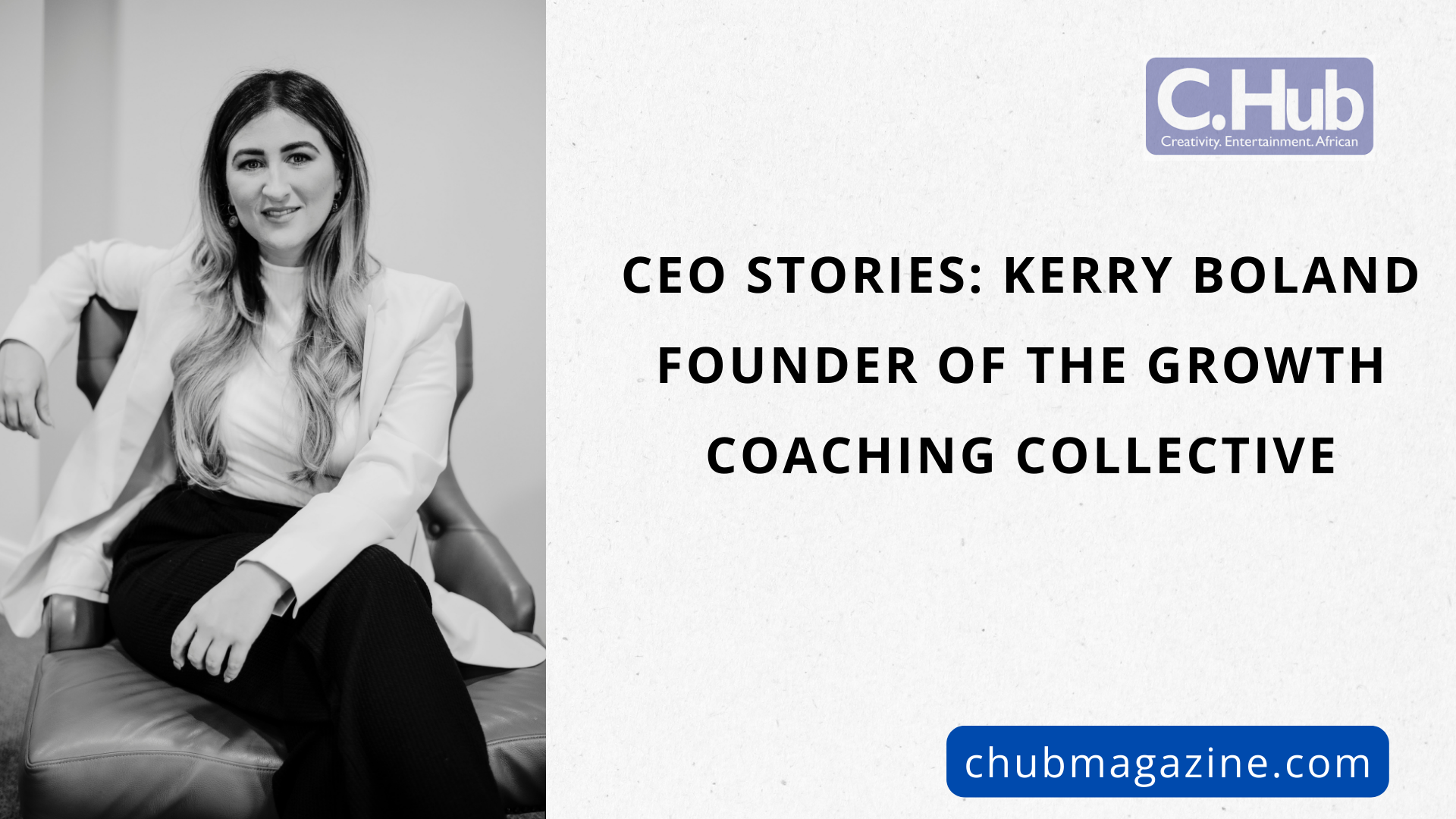
Recommended reading: 1 – How To Win Friends and Influence them. 2. How To Develop Self Confidence 3. How To Be a Power Connector.
Effective networking is an essential soft skill for any professional or entrepreneur eager to succeed in their career. This interaction between two or more people effectively done is what leads to a profitable relationship. And, this could either be offline (face-to-face) or online.
In the corporate world, it’s how business partners meet and anyone in it or desires to have any business whatsoever must learn to succeed at it. Through networking, employers get their best employees, small businesses get that much-desired capital or funding. It’s how marketers create their leads and prospects. It’s how the world goes round.
Unfortunately, a lot of professionals run away from meeting new people, starting and driving conversations or pitching an idea or product to a prospect, because they are challenged by the awkwardness that comes after the initial intros.
We’ve all been there. Whether we are meeting the friend of a friend or a fellow participant at a conference, there’s usually this loss for what to say after the pleasantries are out of the way. Well, you don’t have to go through that anymore. Below are the best tools that can help you:
• CREATE A COMMON GROUND:
The first trick hinges on starting your conversations right. Common ground is a topic of interest to you and another party that can be used to begin a conversation. The goal here is to make this new person you are meeting talk and talk until the awkwardness lifts. It could be a common genre of music or a political candidate. It could be a school of thought or a piece of recent news that just broke. Imagine you’re meeting a literary agent at an event and you are working on a novel. How do you start the conversation?
“Hi. It’s been awesome listening to you share those insights during the panel session. If I may ask, what genre of literature do you personally love?”
From this, a conversation can ensue and you would have gotten the agent talking. Also, you should listen a lot while the other party is speaking because your contributions to the topic you’ve chosen would encourage them to go on. As scary as networking could be for some, common ground has always proven to be effective. It can make the most uptight of persons open up and it can make timid people share with you. This trick has been serving professionals diligently forever and is sure to serve you too.
Finding the best common ground for some can also be a struggle. I suggest taking the time to observe people before approaching them. In that short while, you may discover a few handy tips about their interests. For example, if a person is elegantly dressed, in good coordinating colours, that could be a hint fashion may be a thing for them. If they have a pair of earphones on, you know music might be of interest (you could start with asking what they’re listening to). It’s also highly advisable to make note of people you would like to network with before attending an event. Some organisers may be willing to make available details of their attendees. It is a good idea to read up about the people to expect to meet and network with.
• MAKE THEM TALK ABOUT THEMSELVES:
Who doesn’t like to talk about themselves or their achievements? After you have created a common ground and gotten the other party to relax into the conversation, you should ask them questions about their work or their beliefs. Questions like, “how has it been running your own company?” or “how long did it take you to make your first million?”
These questions will make them discuss their roles in their businesses and it also goes further to tell them you value their story or their journey. To sweeten the deal, if you’ve done your homework, you could ask them specific questions about themselves like, “what did it feel like receiving the humanitarian award?”
One thing to have in mind though; never ask personal questions like, “how many children do you have?” or “does your husband allow you to work so much?” These are great conversation spoilers and they would do more harm than good.
• PITCH YOUR IDEA BRIEFLY BUT CONVINCINGLY:
Although so many communication coaches will tell you to have your elevator pitch at hand when networking, I’m not a big fan. The elevator pitch idea suggests that you have an outline of how exactly you intend to pitch your idea.
For me, this is a no, no. I personally think your pitch should be tailored to the individual and situation. As the founder of a start-up or the brains behind an idea, you have a full understanding of what you represent and what you want. Armed with this, you should customize how you present this to a new network or prospect.
Know this: Nobody likes a long story about how you intend to save the world and then move unto the universe. You should be specific with how and why your idea works and you should do this in the simplest way possible.
• OFFER VALUE:
You see, value is that extra package you bring to a negotiation. It is that final push you give to a prospective client or a prospective shareholder. It is that thing they can have sole or rare access to. The trick is finding the appropriate value to give. If you want to sell off a couple of baby items to a new mother you met at your postnatal hours, what value would you bring her? Would you have them delivered to her doorstep? Are your products the most durable? Will she be able to get a refund within stipulated time if she’s not satisfied?
When promising value, firstly, do not lie! The greatest asset to a business is its recurrent customers. These are the people who have your back and you won’t have them if you are not trustworthy. Secondly, as I mentioned earlier, always remember that value should be more than the money. All businesses will definitely have financial transactions: profits, losses, sales, etc., so do not only offer the obvious by saying: “You would get X percentage of the sales.” Give out real value!
• EXCHANGE CONTACT:
The last step is to exchange contact. It is here a lot of people make errors. Do not exchange phone numbers because frankly, some businessmen and women have others take their calls. Do not exchange social media handles because you may have the opportunity to speak face-to-face with someone who has a million followers but that does not guarantee a reply to your DMs. The best contact information to get or exchange is an email address. A personal email. If you have the personal email of a celebrity or a client, you have gold sitting in your hands.
Networking is fun but only when you practice frequently, so put yourself out there. Leave your comfort zone. In the world we live in today, customers do not go to the businesses. Rather, the businesses go to the customers. Cheers!













Comment